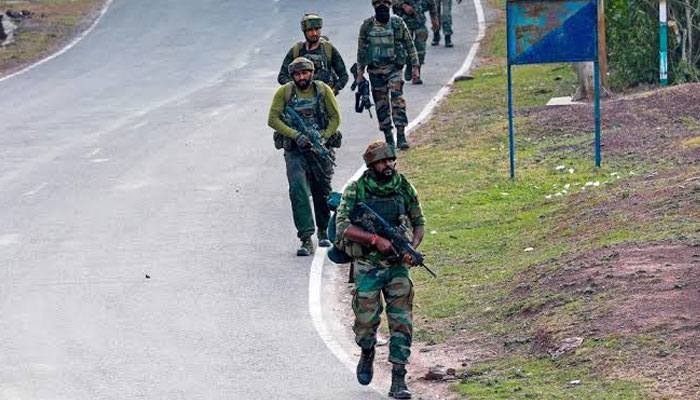Pahalgam Attack: Another Shameful Chapter in India’s History of False Flag Operations
Baseless Allegations Against Pakistan a Part of India's Hybrid War Script
Pahalgam: India’s long-standing tactic of blaming Pakistan without evidence has once again come into play with the recent Pahalgam attack. Analysts believe this incident is part of a broader pattern of false flag operations orchestrated by India to malign Pakistan and divert public attention—often around key political moments such as elections.
A History of Deception
India’s history is marred with incidents that were initially blamed on Pakistan but were later exposed as internally orchestrated:
-
Samjhauta Express Bombing (2007): 68 people were killed, and the blame was pinned on Pakistan. However, investigations later revealed the involvement of Hindu extremists, including Indian Army officer Lt. Col. Purohit and others.
-
Mumbai Attacks (2008): Used to defame Pakistan on a global level, the attacks were later scrutinized. In 2013, former CBI officer Satish Verma revealed that these attacks were “orchestrated by the Indian government” to justify the passage of stringent anti-terror laws.
-
Kerala Tourist Attack (April 31, 2018): Later investigations suggested the attack was politically motivated to influence elections in Madhya Pradesh and Rajasthan.
-
Pulwama Attack (2019): 40 Indian soldiers were killed, and the blame was immediately placed on Pakistan. However, India’s former Governor of Jammu and Kashmir exposed inconsistencies in the narrative, revealing that the attack was part of a larger conspiracy.
-
Rajouri Attack (2023): Five Indian soldiers were killed. This incident was again used to reinforce BJP’s anti-Pakistan and anti-Muslim stance.
Pahalgam Attack: Another False Flag Operation?
The recent attack in Pahalgam on April 22, 2025, occurred precisely during the visit of the U.S. Vice President to India. Experts argue this timing is not coincidental. The goal appears to be an attempt to link Pakistan with terrorism on the international stage and deflect attention from domestic issues.
Questioning the Security Paradox
With over 700,000 Indian troops stationed in occupied Kashmir—a ratio of one soldier for every seven civilians—defense experts question how such attacks can still occur. They argue that this high level of militarization should theoretically prevent any such incidents, raising serious doubts about the official narrative.
Political Motivations and Propaganda
Defense analysts assert that these attacks are not just security failures but deliberate false flag operations designed to craft an anti-Pakistan narrative. These incidents serve as political tools to manipulate public sentiment, distract from governance failures, and justify repressive measures.
As the pattern of false flag operations becomes increasingly exposed, questions continue to mount about the real motives behind these deadly events.
Read more: Neeraj Chopra invites Pakistan’s Arshad Nadeem to Global Javelin Event in India






Comments are closed, but trackbacks and pingbacks are open.